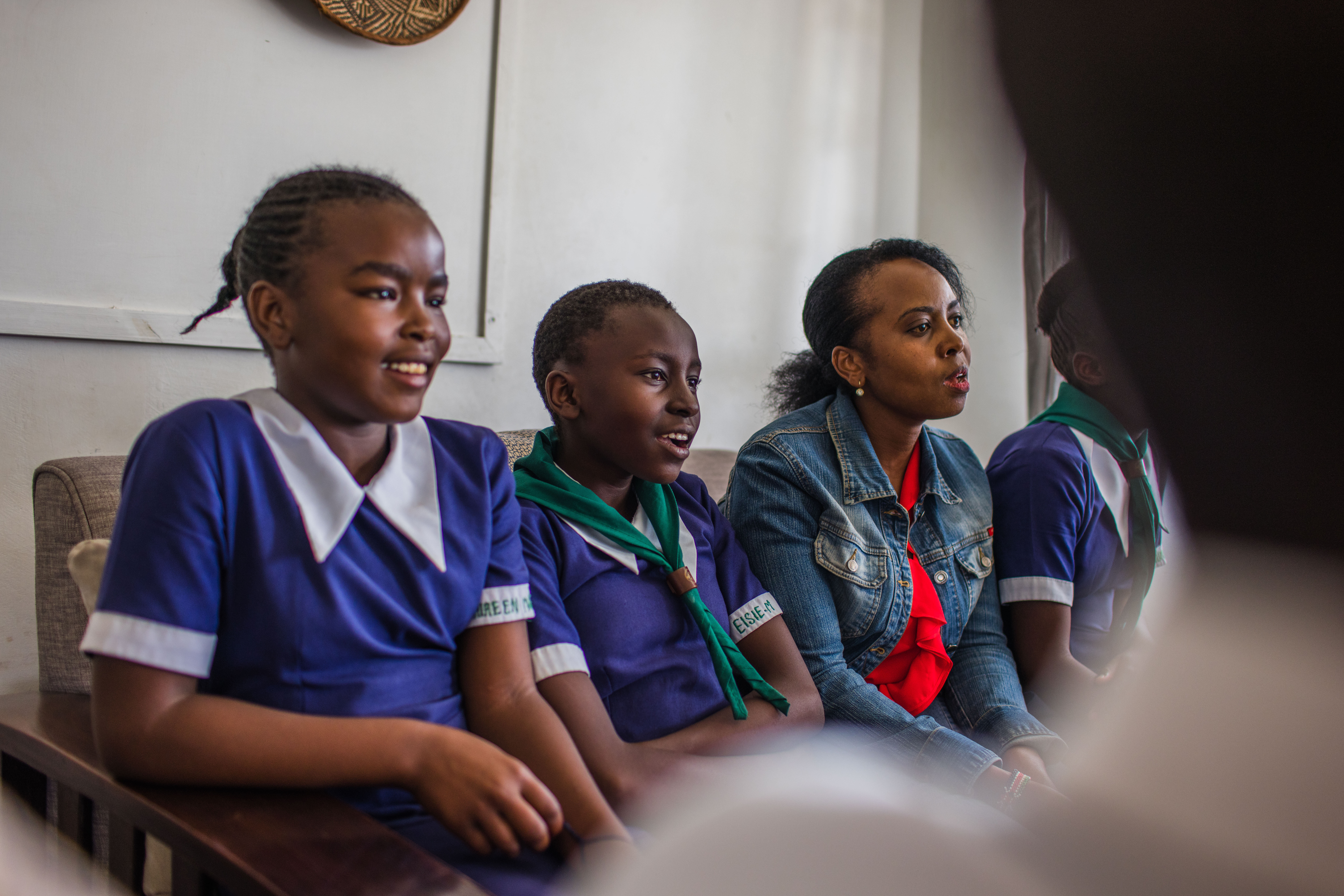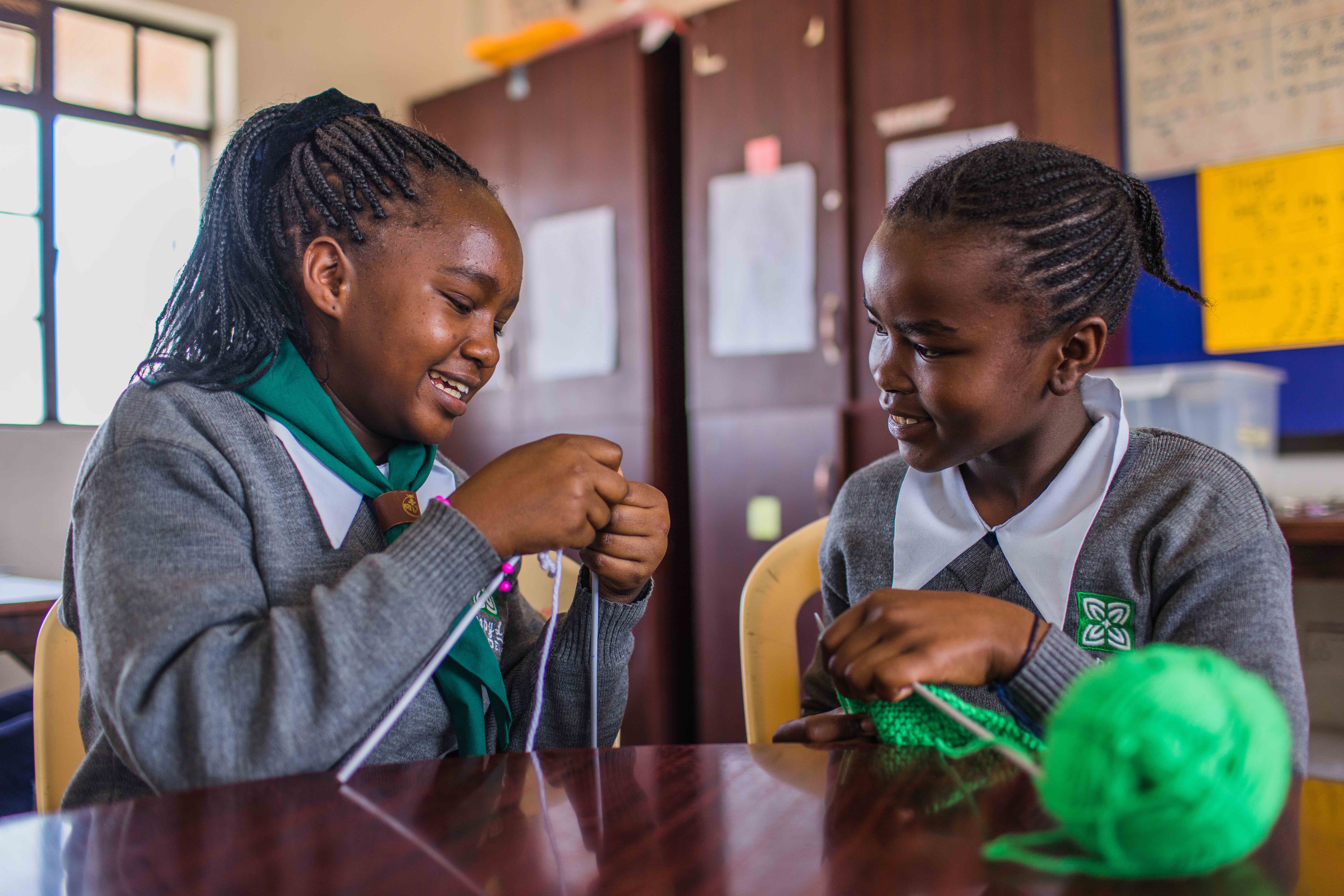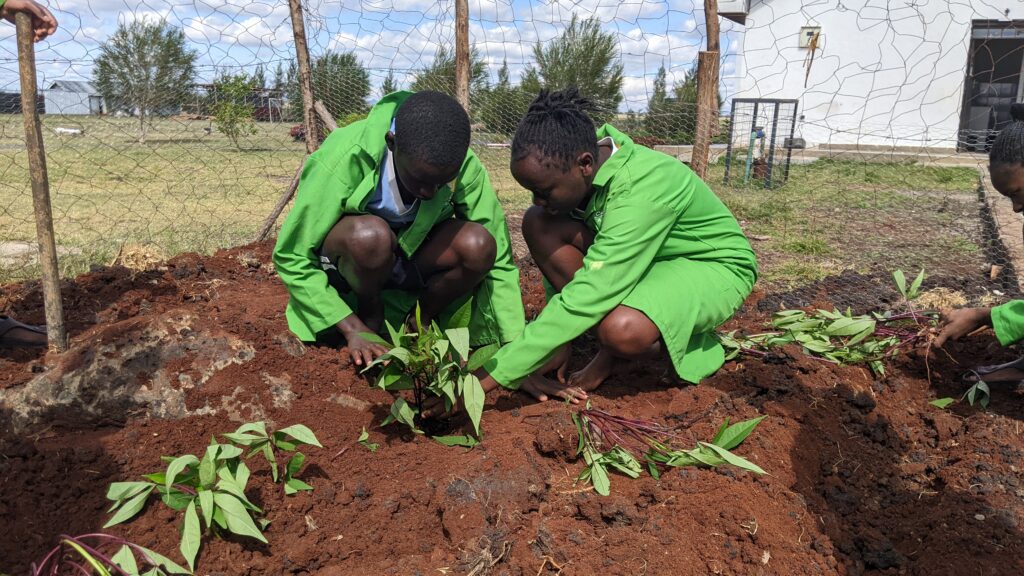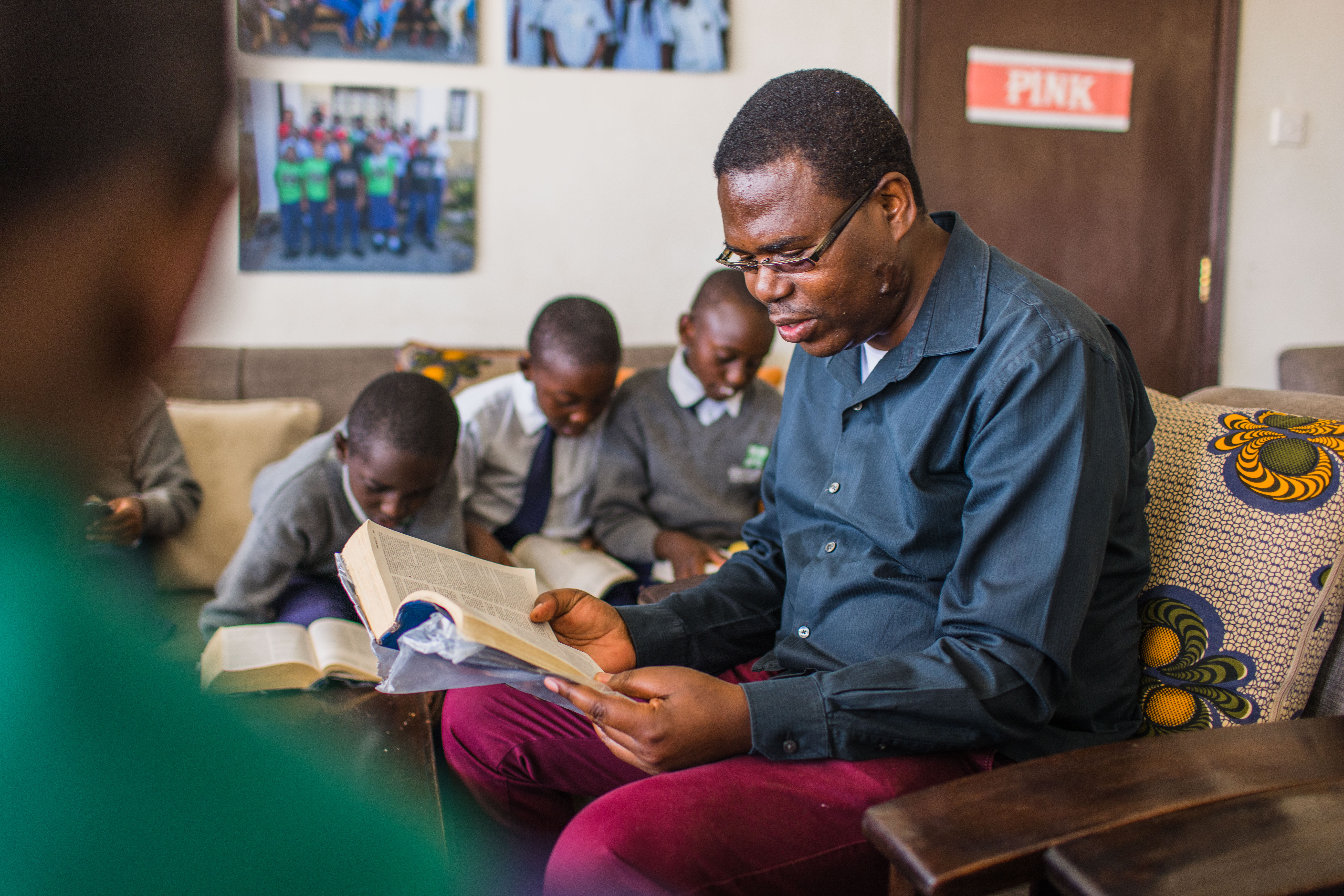We’re excited to share a special reflection from our dear friend and supporter, Keith Jennings. Keith and his family have visited Canopy Life in Kenya and have the privilege of sponsoring students at Canopy Life. In his blog post, Keith beautifully explores the metaphor of navigation and how Canopy Life is equipping students with the tools they need to become agents of transformation—leaders who can blaze new trails and create lasting impact.
We hope you enjoy his powerful words as much as we did.
Over the course of its first ten years, the mission of Canopy Life has taken root. Today, the first fruits of that mission are visible.
Students have completed their primary and secondary education. Some are now pursuing post-secondary education. Others are using what they’ve learned to create opportunities in the field.
This raises a new set of questions.
What should Canopy Life’s next ten years look like, especially for its students and alumni? And how can we, as members of Canopy Life’s extended family, help its students navigate to places we cannot go—paths they must blaze?
I think the answer lies in the metaphor of the explorer/navigator.

The Lost Art of Finding Our Way
In 2003, a Harvard particles physicist and professor named John Huth was kayaking off the coast of Cape Cod. It was a sunny day, but half an hour into his paddle, a dense fog appeared.
The fog made it impossible to see which direction to go, and Huth didn’t have a map, compass or GPS. Fortunately, he had noticed the wind direction as he was paddling out earlier, so he was able to use the wind as a way of orienting himself to navigate back to shore.
That same day and time, two young women were out kayaking about half a mile from Huth. Disoriented by the fog, and unable to navigate the rough water currents and cold temperatures, both women lost their lives.
This news shook Huth. So much so, he began work on a book he eventually published called, The Lost Art of Finding Our Way.
In it he reflects on how the average person today has lost the millennia-old skills of navigation and shares its history and techniques to help others avoid the same fate as those young kayakers.
This is a great metaphor for what Canopy Life’s students need. They need the knowledge and skills necessary to successfully navigate any situation life throws at them.
Learning the Skills of Navigation
To be a skilled navigator, research has identified three levels of knowledge a person must develop simultaneously over time: directional, landscape, and survey knowledge.
Directional knowledge is the most basic form of navigational ability. It describes the step-by-step directions to a destination. “Go about a mile down the road you’re on. Turn left onto Broad Street. The building you’re looking for will be on your right at the first intersection.”
Landscape knowledge involves recognizing landmarks. We’ve all had situations in our lives where we were able to figure out where we were thanks to a specific tree or building that we recognized. Koma Rock Shrine near the Canopy Life campus is a great example of this.
Survey knowledge is the most advanced form of navigational knowledge. It describes the ability to form a mental map of an area and “see” where you are in relation to everything else. Researchers have worked with remote people groups who have never seen a map or flown in the air, yet they were able to draw or describe their entire geography with great accuracy.
So how can students develop this kind of deep navigational knowledge that will help them orient within any situation, then create solutions that can lead others out of poverty and into thriving?
Canopy Life’s Four Characteristics of an Agent of Transformation
To do this, students (and staff) must be equipped with the knowledge and skills needed to navigate opportunity, uncertainty and adversity.
They must become agents of transformation.
Being “agents of transformation” requires timeless as well as time-tested skills and knowledge. Like the three types of navigational knowledge, Canopy Life has mapped four areas each student will need to develop to build a strong foundation.
The first is a healthy relationship with God. To be “godly” means learning how to actively love God and one’s neighbors. It means leading with integrity and serving a higher power and purpose.
The second is a healthy relationship with the world. This means being innovative and learning how to think critically and creatively adapt to whatever opportunities and challenges present themselves.
The third is a healthy relationship with oneself. This means actively managing one’s emotional health, being resilient and learning how to restore oneself in the face of burnout.
The fourth is a healthy relationship with others. This means being relationally rooted in community and learning how to invest in people and places as a servant and steward. It means being a trusted peacemaker.

Finding the Way to a Transformative Future
One Sunday morning, a small group leader asked elementary school age kids to imagine having to live on a remote island for a year.
“If you could only bring one thing with you, what would you bring?”
One of the kids said, “Well, I know I’m supposed to say the Bible or Jesus or something, but I’d bring Bear Grylls.” Now we’re talking!
Creating “agents of transformation” means preparing the next generation to be a sort of Bear Grylls where they can proactively navigate any situation in ways that are sacred, strategic, stable, and supportive of the greater community. And while doing so, they won’t lose faith, give up, burnout, or act selfishly.
We cannot go where each Canopy Life student will go, but we can invest in their development today to ensure they have the characteristics necessary to thrive as they work to transform the people and places they encounter.
I can’t wait to see what the next ten years will bring!

